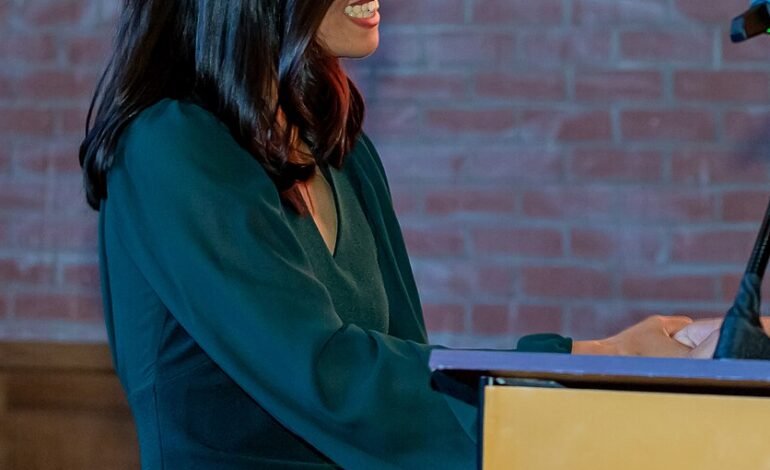Tensions between Wu and the Revolution over the Everett stadium
Revolution stadium controversy: Wu criticizes the deal, while the club accuses Boston of delaying negotiations.

Office of the Governor of Massachusetts, Public domain, via Wikimedia Commons
On Monday morning, Boston Mayor Michelle Wu launched a harsh criticism of the Kraft Group, owner of the Boston Red Sox football club. New England Revolution, for what he considers an “unserious” offer in the context of negotiations to build a new stadium in the neighboring city of Everett.
Speaking at a Charlestown park, Wu questioned the amount proposed by the club as part of the mitigation agreement mandated by state law, which amounted to $750,000. This figure is significantly lower than the $68 million the city previously received in a similar agreement related to the construction of the Encore casino.
"The offer doesn't live up to what this city deserves."“And we practically had to drag them to get Boston to the negotiating table,” Wu said.
Immediate response from stadium promoters
Hours later, Revolution president Brian Bilello, accompanied by Everett Mayor Carlo DeMaria, hurriedly called a press conference on the same site where the stadium is planned to be built.
Bilello refuted Wu's statements and asserted that it was the City of Boston that delayed the start of talks. According to the executive, they attempted to contact authorities since November 2024 to advance a community impact agreement, but received no response until mid-February of this year.
“At all times we have acted with seriousness and commitment. "We had to insist several times before getting a meeting," he said. "Since then, we've held more than six meetings with the city, all of them cordial and productive."
Despite the political tensions, Bilello emphasized that the talks have been substantive and that the team has provided the required information, including traffic studies and environmental mitigation measures.
"When we didn't have any information, we began the necessary studies. The city is aware of this," he emphasized.
What's next?
Under legislation passed last fall, both sides must work with an official mediator to reach an agreement before the end of the year. If they fail to resolve their differences, the case will proceed to binding arbitration.
Meanwhile, the community remains in suspense as to whether this new stadium will be built.
For more stories like this, follow More Latin.
Sources:
